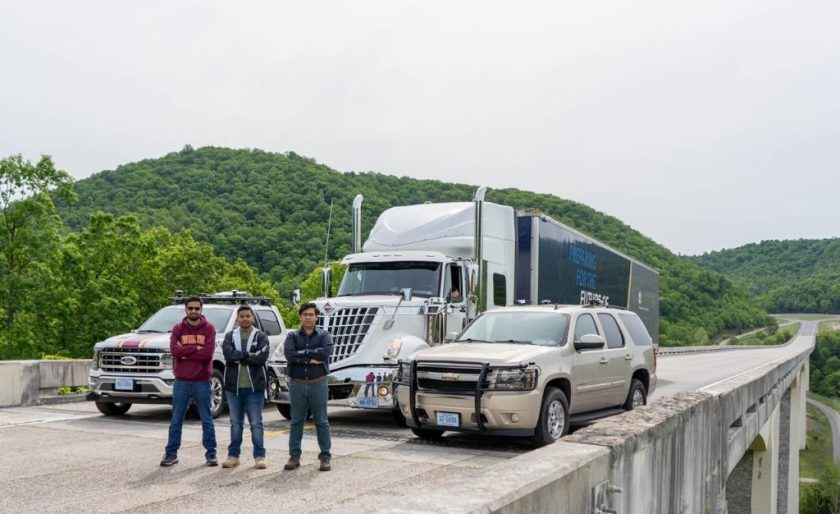To address the technical navigation challenges associated with large uncrewed aircraft systems (UAS) automatic surface operations, including automatic takeoff, landing, and taxiing, NASA has awarded USD6 million to a multi-university partnership as part of the agency’s University Leadership Initiative.
University and industry partners include Ohio University (leading the three-year project), Virginia Tech, Illinois Institute of Technology, Stanford University, Tufts University, Reliable Robotics Corporation, Veth Research Associates, and The Boeing Company.
Ultimately, the project aims to advance industry standards around automatic taxi systems. “At a busy airport with structures and other aircraft continuously taking off and landing, the line of sight to satellites can be obstructed at unpredictable times”, Virginia Tech explains in a news post. “When satellite signals are blocked, bounced, and redirected, they arrive at the receiver from different directions and paths. Known as multi-path, the navigation satellite measurement errors have a direct effect on positioning accuracy when precision is needed most.”
Mathieu Joerger, an assistant professor in the Kevin T. Crofton Department of Aerospace and Ocean Engineering and one of the primary investigators from Virginia Tech, says solving the problem of multi-path is a big issue. “When there is a need for precise, high integrity GPS, and you are operating in an environment with intermittent obstructions to the sky, the toughest part is dealing with the unpredictability of multi-path.”
Throughout the three-year effort, the project will cover requirement development, technology maturation, and flight testing with the goal of achieving Technology Readiness Level 6. Verification and validation in simulated and real environments will be completed at Ohio University’s Flight Testing Center, while the industry partners will help to address specific technical challenges critical to autonomous flight.
At Virginia Tech, the focus will be on developing computer vision augmentation as well as ground-based navigation systems to increase accuracy, integrity, and continuity beyond satellite navigation alone. The team of experts includes Joerger and senior research associate at the Virginia Tech Transportation Institute, Abhijit Sarkar. Sarkar’s team will focus on multimodal sensor technologies that will help in developing automatic taxi systems for UAS.
Virginia Tech says that while the primary focus of this work is to support large, uncrewed, fixed-wing aircraft surface operations, the technology derived from the research can be directly applied to traditionally piloted aircraft, especially for single pilot operations where it is beneficial to distribute the workload of taxiing between the onboard pilot and automation.
For more information
Image: (From left) Research associate Surendrabikram Thapa, doctoral candidate Sandesh Jain, and senior research associate Abhijit Srakar demonstrate sensor fusion for autonomous systems at the Virginia Smart Road. Photo courtesy of Abhijit Srakar.




